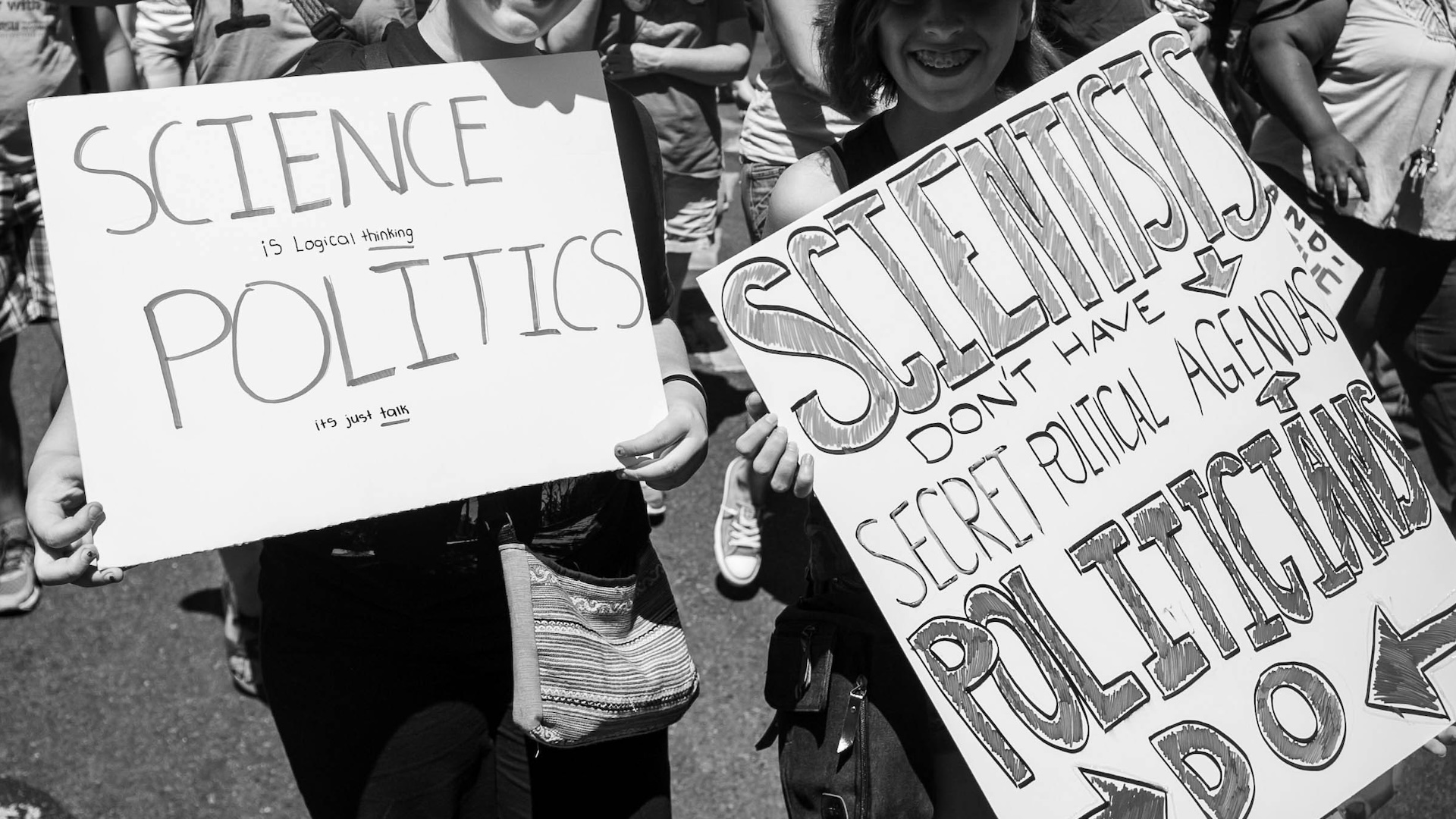You’ll Never Guess Which Party in Government Uses Science More
Photo by Lauren Mitchell/Unsplash
Okay yes you will. An analysis published on Thursday of various parts of government and adjacent institutions like think tanks showed that while the use of science in public policy and lawmaking has increased in recent decades across the board, Democrats are consistently more likely to rely on and cite scientific research than Republicans.
In the overall analysis covering all Congressional committee reports since 1995 and hearings since 2001 (49,345 in total), as well as 191,118 policy documents from 121 ideological think tanks since 1999, citations of science increased from 20 percent in 1995 to over 35 percent in 2020. That growth, authors wrote in Science Advances, features “systematic partisan differences.”
“Democratic-controlled committees are nearly 1.8 times more likely to cite science than those from Republican-controlled committees,” wrote the authors, led by Alexander Furnas, of Northwestern University. What’s more, when a committee switches from Republican to Democratic control, it averages almost 200 more scientific citations in the new term than in the old one, an increase of 0.58 standard deviations.
-

-

-

-

-

-

-

-

-

-

-

-

-

-

-

-

-

-

-

-

-

-

-

-

-

-

-

-

-

-

-

-

-

-

-

-

-

-

-

-

-

-

-

-

-

-

-

-

-

-

-

-

-

-

-

-

-

-

-

-

-

-

-

-

-

-

-

-

-

-

-

-

-

-

-

-

-

-

-

-

-

-

-

-

-

-

-

-

-

-

-

-

-

-

-

-

-

-

-

-

-

-

-

-

-

-

-

-












































































































